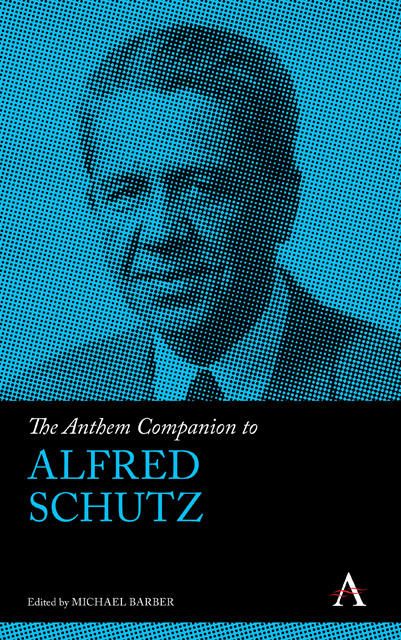Chapter Three - Copresence as an Essential Site for the Transmission of Embodied Knowledge: From a Case of the Practice of Japanese Utai of Noh Theater
Published online by Cambridge University Press: 22 November 2022
Summary
The transmission of knowledge from generation to generation is an essential activity for human beings. Today, it is possible to easily attain knowledge through the use of technology; knowledge is accumulated and stored as data and can be accessed and referred at hand, anytime and anywhere. The acquisition and transmission of knowledge now seems to be a matter of updating of archives and their systematic maintenance for secure access.
Going back in history, however, immediate face-to-face interaction of individuals was a necessary condition for giving and gaining knowledge among people. This condition is dispensable today because of technological developments. Nevertheless, certain types of knowledge still depend on immediate face-to-face interaction of individuals for its acquisition and transmission. The immediate copresence with the other who possesses it is essential to learn some kinds of embodied knowledge.
This chapter explores the process and practice of transmission of embodied knowledge that depends on immediate face-to-face interaction. I examine one of these cases, the practice of Utai, chanting of Noh, a traditional theatrical performing art of Japan that dates from the fourteenth century, and my investigation will draw on the works of Alfred Schutz and Thomas Luckmann and also two interaction theorists, Erving Goffman and Georg Simmel. I explore how this embodied knowledge is transmitted by way of immediate face-to-face interaction from my experience as a participant-observer of this theatrical practice.
The Acquisition of Knowledge
To begin with, before focusing on the interactional process of practice of Utai, I will examine how knowledge and its acquisition could be theoretically understood by following Schutz and Luckmann's discussion on knowledge of the life-world.
In his A Social History of Knowledge: From Gutenberg to Diderot (2000 ), P. Burke's inquiry regarding what knowledge is and his reference to the need to differentiate knowledge from information, Burke writes that “for convenience,” he will “use the term ‘information’ to refer to what is relatively ‘raw’, specific and practical, while ‘knowledge’ denotes what has been ‘cooked’, processed or systematized by thought.” He adds that “the distinction is only a relative one, since our brains process everything we perceive” (Burke 2000, 11). From this point of view, it is difficult to imagine genuinely “raw” information. Everything we perceive and, therefore, process could become “knowledge.”
- Type
- Chapter
- Information
- The Anthem Companion to Alfred Schutz , pp. 53 - 70Publisher: Anthem PressPrint publication year: 2022



